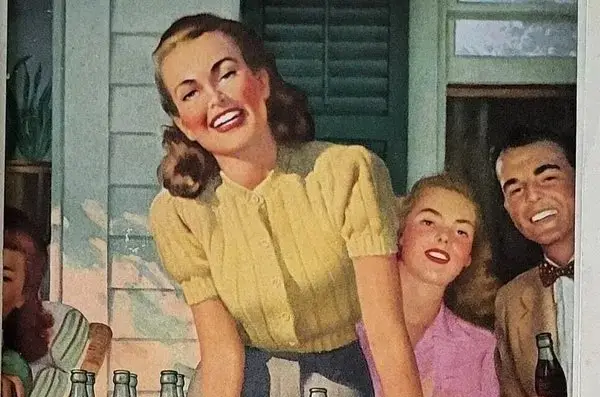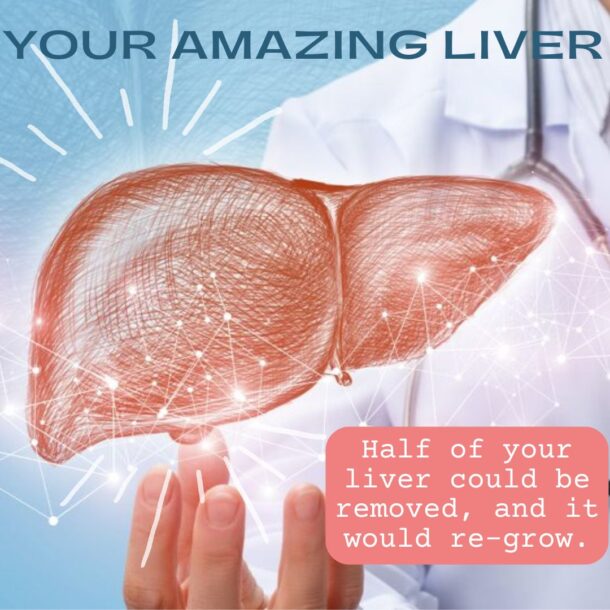
Living with Alcohol Use Disorder (AUD) can be challenging for both you and your loved ones. It’s important to understand that AUD is not a result of personal shortcomings; rather, scientific evidence points to the involvement of neurons in its development. It’s clearly a disease and this means that it’s not anyone’s fault therefore, assigning blame is counterproductive.
Recognizing the impact of AUD on your family and friends, it’s crucial to approach the situation with empathy and a modern understanding of the science behind alcohol use disorders. Unhelpful comments like “Just stop it” or “You’re ruining our family” stem from a lack of awareness about the physiological nature of AUD. No one would blame someone for having cancer or any other disease and this fact demonstrates the need for a shift in perspective.
Your journey towards overcoming AUD requires a physiological approach, and acknowledging the scientific basis of this disorder is a positive step. Your family has been affected, but it’s important to convey that, through your efforts, you are actively working towards positive change.
Alcohol use disorder is a complex and often misunderstood condition rooted in brain chemistry. Those struggling with excessive drinking often face misunderstanding and frustration from those around them. It’s vital to dispel myths about willpower and recognize that a comprehensive, science-informed approach is necessary for recovery.
Your family plays a crucial role in your health and life restoration, both negatively and positively. While they may have experienced shared agony in the past, success in overcoming AUD requires a focus on the present. Some well-meaning individuals may hold misconceptions about AUD treatment, and their emphasis on what you do wrong may stem from a lack of understanding about how they can be truly supportive.
Encouraging your loved ones to shift their focus towards constructive and positive aspects, rather than dwelling on perceived mistakes, can contribute significantly to your journey. Just as focusing on a specific car color makes you hypersensitive to it, concentrating on problems can hinder the ability to provide genuine assistance. By aligning their understanding with modern science, your family and friends can become valuable allies in your efforts to overcome AUD.
Understanding and addressing the challenges we face is an essential part of navigating the complexities of life. It’s true that many individuals grapple with various issues, and the portrayal of an idealized reality in the media can create unrealistic expectations. Not everyone possesses a new car, resides in a picturesque home, or has every desire met. Imperfections are inherent in our world, but it’s crucial to approach these imperfections with empathy rather than constantly highlighting every flaw.
For those wrestling with AUD disease, fostering positive changes in drinking habits and behavior is pivotal for nurturing relationships. It’s important to recognize that life’s complete restoration is indeed possible. Delving into the root of alcohol use disorders, scientific advancements have unveiled a deeper understanding. Some individuals exhibit a unique brain difference that predisposes them to an abnormal reaction to alcohol. The insights gained from contemporary addiction science distinguish between those who use alcohol healthily and those grappling with an abnormal response.
Now, what about the experience of normal individuals? A significant majority—82%—engage in alcohol consumption as a normal and enjoyable facet of a balanced lifestyle. For them, alcohol complements the pleasures of a meal, a social gathering, a family event, or a special celebration. It adds an extra layer of enjoyment, blending flavors and enhancing experiences. For these individuals, alcohol is an addition, not an addiction; it doesn’t dominate their lives, and they savor it without being compelled to drink excessively.
Most people naturally regulate the amount of alcohol they consume, finding satisfaction in moderation. It’s akin to how those who love chocolate are content with a reasonable portion, not driven to consume the entire box. For the vast majority who incorporate alcohol healthily, it doesn’t negatively impact their health, relationships, or careers because their brain chemicals remain in balance.
In conclusion, I want you to embrace the knowledge that freedom from the physiological urge for excessive alcohol opens the door to balance. You can integrate present circumstances into new experiences, leading a value-driven life. Past AUD struggles need not define you; they can become a mere shadow with no bearing on the person you are today. Remember, your journey toward balance and well-being is not only possible but also deserving of compassion and support.
@lastcallprogram2
Follow Us

Changing your brain so you can change your life.
Navigate
© Copyright Last Call Program.2. All rights reserved.





